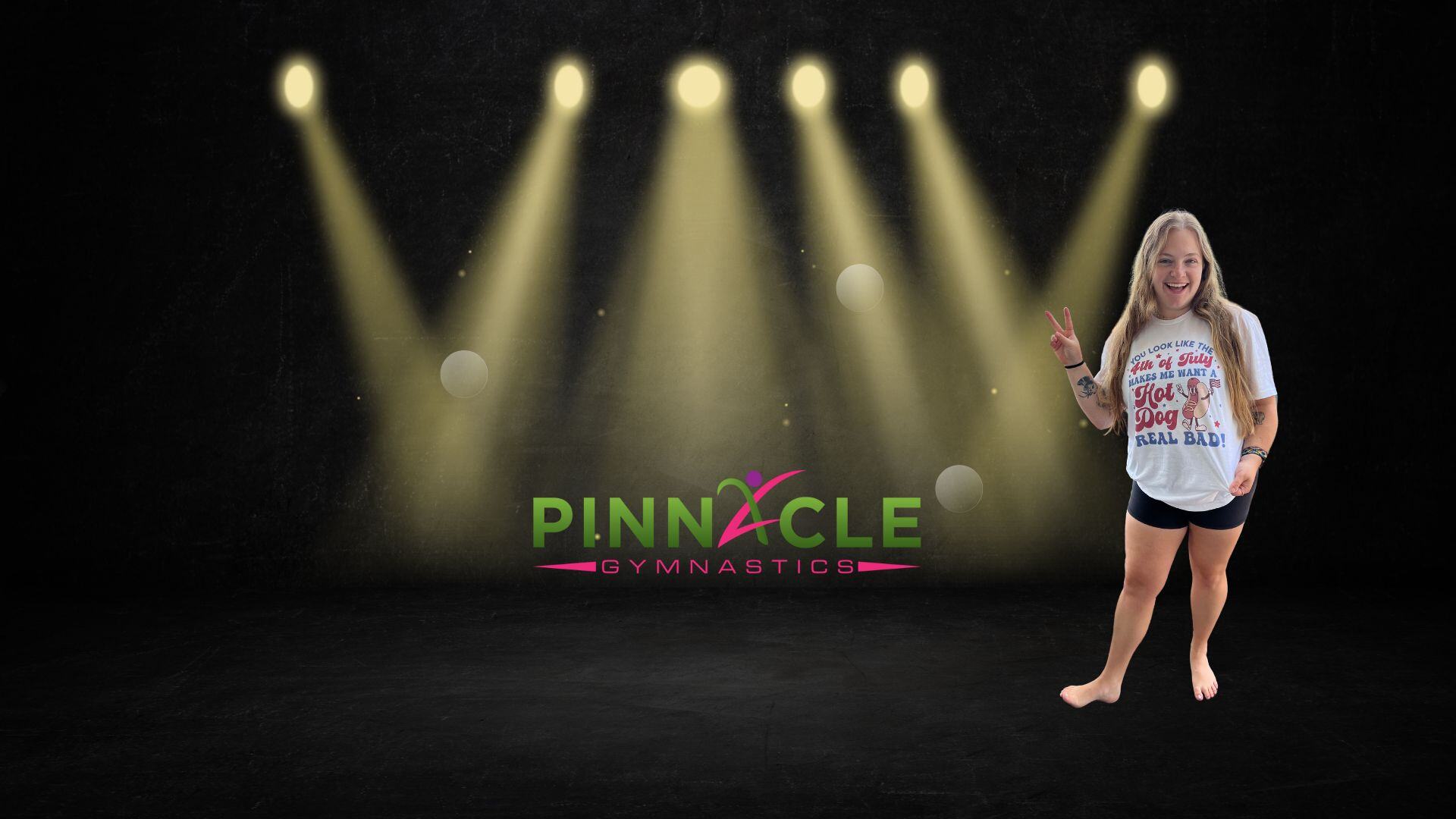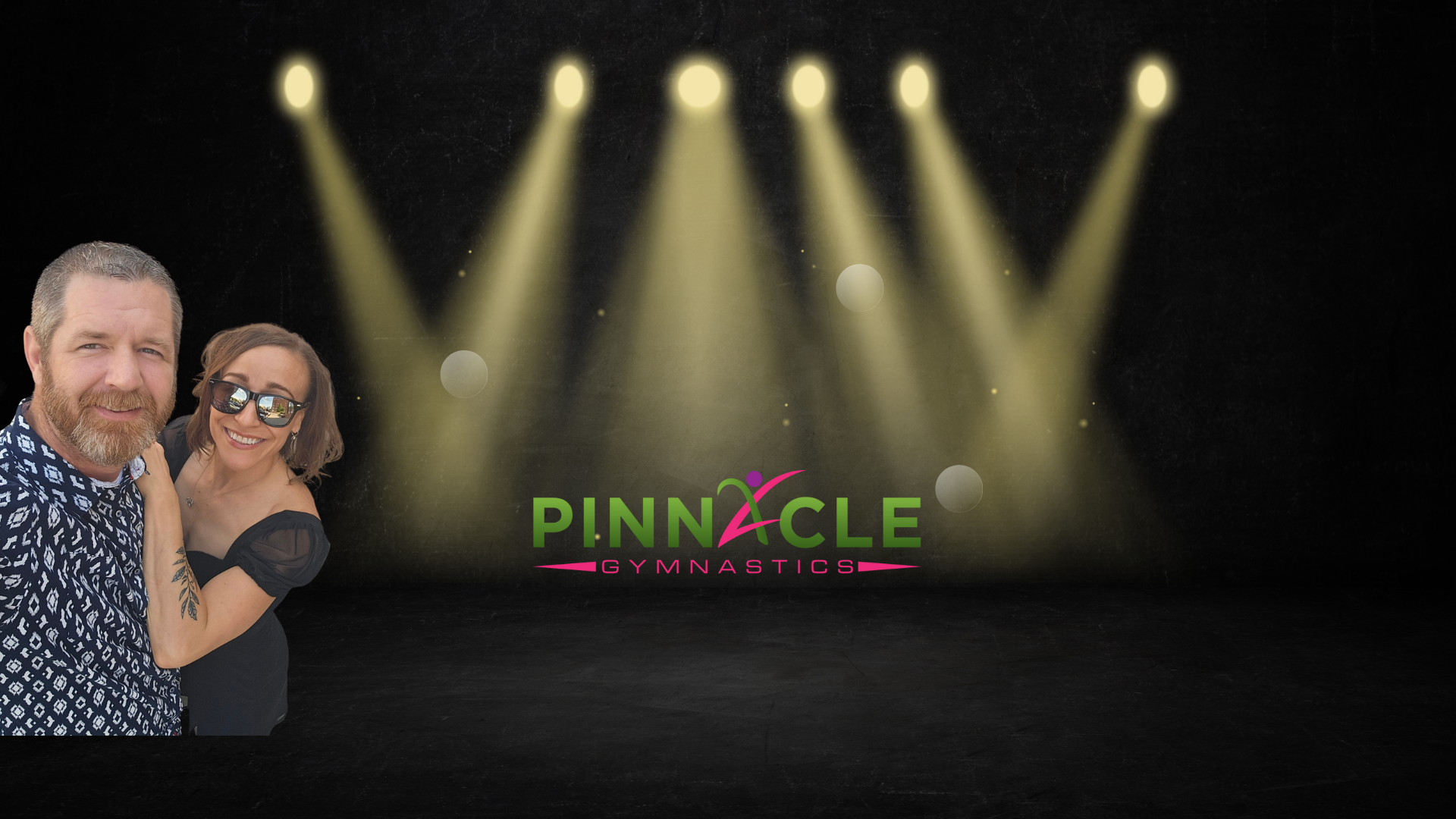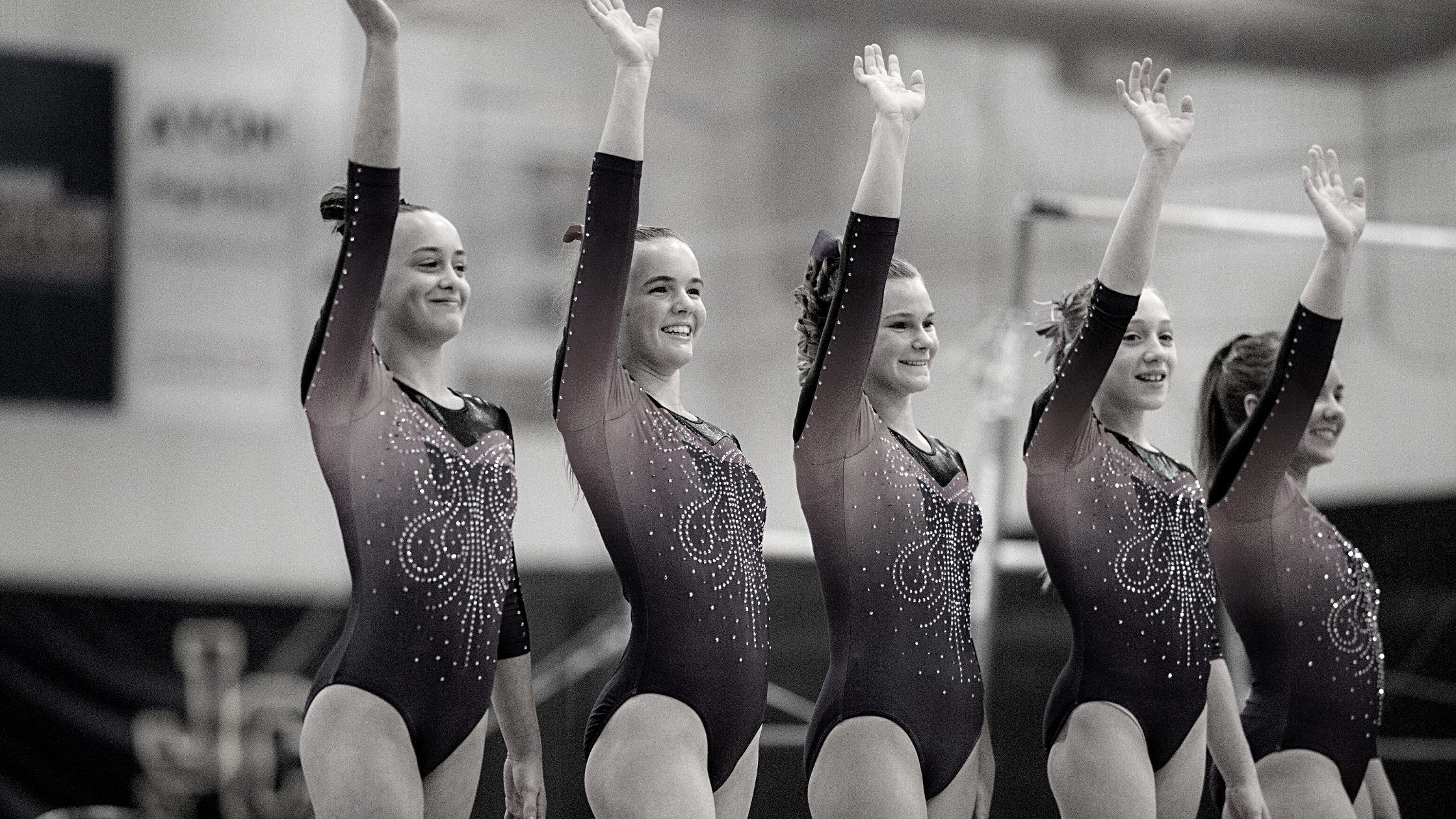How to Individualize Coaching: Cues and Connections
There are many ways coaches can coach in a class or team setting. The basis of coaching starts with knowledge broken down into 3 categories: professional knowledge, interpersonal knowledge, and interpersonal knowledge.
There is no right answer of which knowledge works best for coaching or what balance of each is most successful. It is all based on how you can adapt to different situations and how to self-reflect. Every coaching scenario is different, and coaches must understand that everyone learns in a different manner. Some may learn in a similar fashion, but there is no cookie cutter method to coaching.
Professional Knowledge
Professional knowledge entails what you know about the sport or class, the skills involved, the values that go along with it, and different ways to try to improve through drills and exercises. An important part of coaching is continuing coaching education. The way that you were taught is likely not the best way to teach based on the evolution of sports and sports science. Staying up to date on the latest techniques for both coaching and skill will allow you to provide the best lesson plans for your athletes.
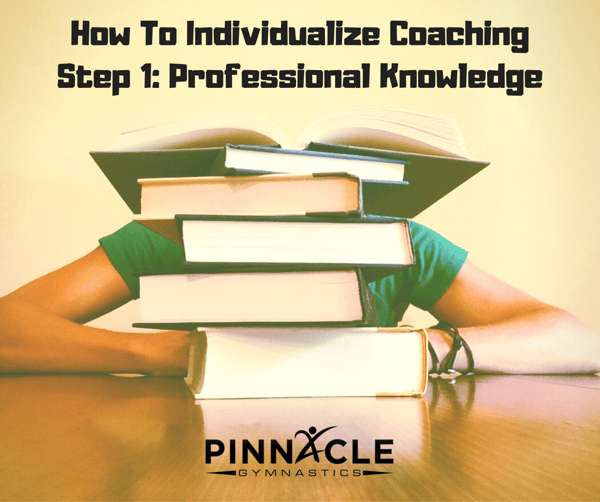
Interpersonal Knowledge
Interpersonal knowledge is your ability to connect with people and establish relationships, how motivate others and establish values of the sport within them. Interpersonal relationships are necessary to help coaches realize what cues can trigger the change to allow for growth whether physical, mental, or emotional.
A very common term in coaching sports at the moment is athlete “buy-in”. This is the idea of athlete’s buying into your program meaning they are fully engaged and motivated in your program. The concept itself can be successful because athletes are trusting you as a coach, however it can create a negative relationship for you as a coach to those who have not “bought in” to your program. Again, everyone learns differently and has different cues to trigger motor learning changes. The more technically advanced a skill is, the more variety of cues it can have for different athletes. Here are some keys to classroom management.
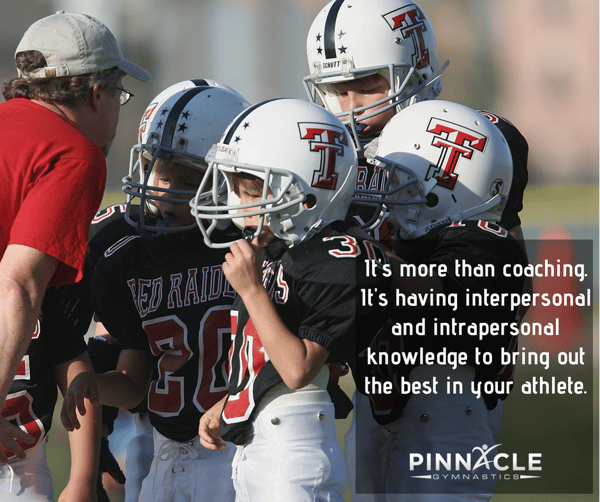
Intrapersonal Knowledge
Intrapersonal knowledge is the ability to self-reflect and have self-awareness of your actions and values. Being able to look yourself in the mirror and figure out on what you need to improve on, how much do you really know, and how to make yourself a better coach within yourself.
Different cues aren’t only applied to skills within sports, it can also be used for different values such as discipline, self-improvement, motivation, and the desire to be successful. Therefore, coaching is not the focus of teaching sports or skills, but establishing relationships and connections to create a change for growth.
Coaches impact more people in a year than an average person does in a lifetime. Give your athletes an advantage by doing your part in obtaining the professional, interpersonal, and interpersonal knowledge needed to create the best individualized learning environment.
Happy Training!
Greg Henning


